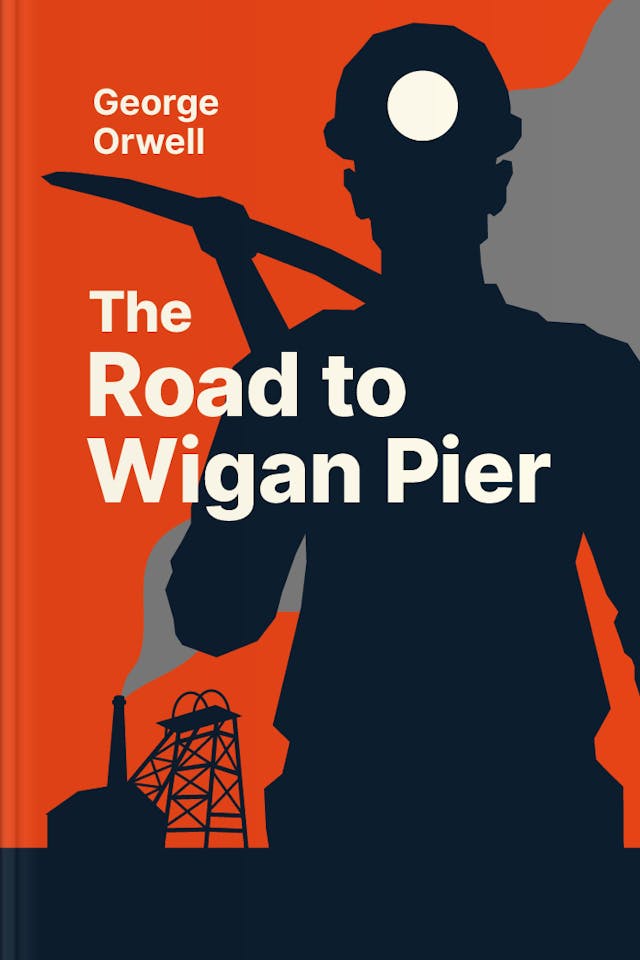You’ll learn
- How socialism challenges the rich
- Middle-class myths
- Why housing reform is crucial
- Whether socialism is better than capitalism
Protect the world’s peace. Donate to support Ukraine

first KEY POINT
Socialism is a political, social, and economic philosophy that covers various systems and is characterized by communal or governmental ownership of the means of production. It often involves the political theories and movements associated with such systems. Social ownership can be collective, cooperative, or a thing of equity. It was created in opposition to the capitalist system.
George Orwell believed this was the solution to the prevalent poverty in England. He’s not alone in this mindset; there are many philosophers from the past, such as Vladimir Lenin, who shared this view as well. But unfortunately, the capitalist system favors a few and leaves a more significant percentage of people in abject poverty. So really, socialism is a means to balance the scales.
It was clear to Orwell that the prevailing economic system was unfair to the masses and only served to enrich a few people. In socialism, Orwell found the answer to rising unemployment and poverty rates. It is a utopian ideal and, often, when appropriately applied, boasts of substantial positive results. Countries such as China and Russia practice it to this day, with a relatively healthy economic atmosphere, on the surface at least.
The world is tormented with gross wealth inequality, a direct offshoot of a capitalist system. In the design, although it is known as a free market, the competition is fierce and unfair if a new player is without enough finances to stay afloat. Socialism seeks to eliminate these “survival of the richest“ tactics and offer a free but a level playing field for its people.In the following chapters, Orwell explores socialism and how it can provide a more economically stable society. You will be exposed to the truth about poverty, inequality of wealth, and the imbalanced wage structure instituted by capitalism.
second KEY POINT
Orwell was convinced that the people of England lived much better lives than it was advertised; he believed that their impoverished state was a mirage. Orwell, however, needed to experience the truth for himself, so he took a trip to the mining communities. These communities represented, in most cases, the more extensive collection of the poor workers in the country.Orwell discovered just how bad the economic situation was for these individuals. The prevalent occupation among them was mining, and that in itself was the problem. Mining had a rather unconventional work area: tight, dark, and cold spaces underneath the earth. This reality meant they didn’t get fresh air supply and worked in life-threatening conditions daily.

Continue reading with Headway app
Continue readingfirst KEY POINT
second KEY POINT
third KEY POINT
fourth KEY POINT
fifth KEY POINT